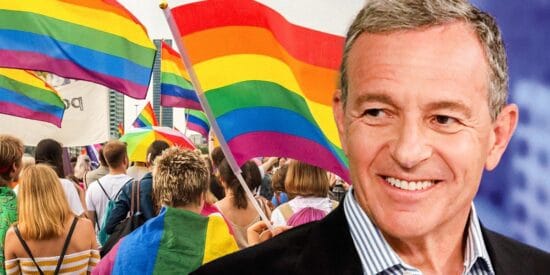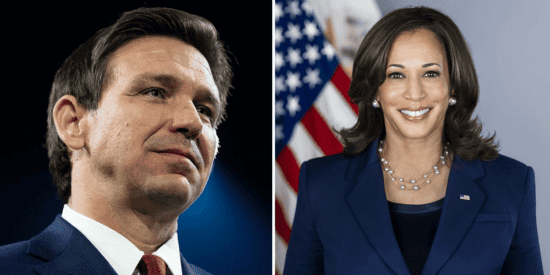The subject of Disney’s human rights is a hot topic, from gender disparity lawsuits to Mulan filming location choices and its handling of issues like genocide. While it has an updated human rights policy, it also has a history of questionable decisions and violations.
This pairs with a tax policy that prioritizes shareholders, creating an environment that puts human rights and international law on opposing sides. Disney has a policy and procedure in place, but it also answers to the laws ranging from Florida to China and all its locations in between.

Disney’s Human Rights Promises vs. Follow Through
According to the United Nations human rights campaign, these essentials represent “freedom, equality, and justice for all.” As a quick reference, the core principles are:
- All human beings are free and equal
- No discrimination
- Right to life
- No slavery
- No torture or inhuman treatment
- Legal recognition
- Equality before the law
- Right to fair court treatment
- No unfair detainment
- Right to trial
- Innocence until proven guilty
- Right to privacy
- Freedom to movement and residence
- Right to asylum
- Right to nationality
- Right to marry and have family
- Right to own property
- Freedom of thought and religion
- Freedom of opinion and expression
- Right to assemble
- Right to Democracy
- Right to Social Security
- Right to work
- Right to rest and holiday
- Right of social service
- Right to education
- Right of culture and art
- Freedom around the world
- Subject to law
- Right to have human rights

Where Disney Gets it Right
The Walt Disney Company is subject to these rights, and there are many instances where Walt Disney World lives up to these standards. Disney’s Gay Days’ and opposition to the “Don’t Say Gay” bill, now law in Central Florida, put Disney CEO Bob Iger on the map, right next to Ron DeSantis. But that’s just one of many human rights issues the company faces on a daily basis.
Disney’s official Human Rights Statement focuses on distinct categories, including:
- People
- Content
- Products and Supply Chains
- Communities
- Children
- Privacy
It details a governance committee to manage grievances, and each section describes how CEO Bob Iger and the Walt Disney Co. make efforts to align with the human rights standards set forth by the United Nations.

Where Disney Goes Wrong
Despite the pro-human rights fight in the United States, where Disney supports gender identity and sexual orientation expression, Central Florida isn’t a standalone. The Walt Disney Company has many instances of settling historical and recent damages both domestically and internationally.
Disney isn’t magic; it’s a corporation, and the policies set forth can lead to situations like judgment-based detainment of guests in the Walt Disney World security cell. It also has a proven history of violating the privacy of children younger than 13, defeating two vital human rights.
The Walt Disney Co. chose to film the Mulan movie near the Uighur Muslim site of forced imprisonment. Further, Disney Studios was willing to remove content about historical human rights violations, specifically episodes of The Simpsons. Another issue was the gender-based wage disparity lawsuit that questioned Disney’s human rights.

Walt Disney Company Human Rights and International Tax Planning
There are Walt Disney World attractions across the world. That means following the jurisdictional law of Disney Parks in varying locations. The Walt Disney Company has ties in most continents, from Hong Kong to Shanghai to Florida. It even has cruises that sail over international waters.
Related: Complete List of Disney Locations
This means variable laws regarding LGBTQ people and others are vulnerable to the laws of the land, despite Walt Disney World. According to their official tax strategy: “We operate a tax control framework which focuses on having a sound control environment, including effective risk identification, communication channels and monitoring of compliance with relevant legislation (…).”

How This Impacts Human Rights
As a publicly traded enterprise, Walt Disney Company answers to its shareholders. By observing the legislation, it’s bound to follow the “Don’t Say Gay” law in Florida and other human rights issues in different jurisdictions. This directly impacts any Disney dreamer who wants to experience the magic safely yet is in a high-risk group for human rights concerns.
What’s your take on Disney and its human rights approach? Share in the comments below; speaking up matters!
